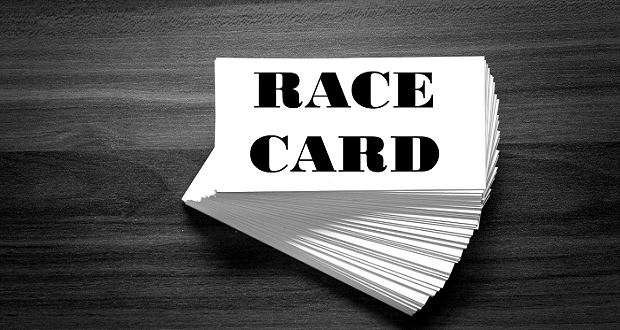
Earlier this month, the Merriam-Webster Dictionary released a list of new terms to be included in their online dictionary, among them “Latinx.” “Latinx,” which has gained popularity over the last few years, is defined as “of, relating to, or marked by Latin American heritage —used as a gender-neutral alternative to Latino or Latina.” As a Latinx millennial myself, I was excited to see this addition, but the significance of this news transcends the Latinx community— it impacts all of us.
Growing up speaking Spanish, I had no understanding of a gender binary or the ways in which the language I spoke excluded those who fell outside its traditional categories. Because Spanish has its grammatical foundation on a strict gender binary, it leaves little room for a gender spectrum. As a result, in learning the language, I learned to view the world in a traditionally gendered way from a very young age. The more I used the language, the more it reinforced this worldview.
Every time I engaged in a conversation in Spanish, I had to assume someone’s gender and classify them according to a traditional masculine/feminine binary that maybe they didn’t place themselves within. Now that I understand gender as a spectrum, I see that my words served as a hurtful reminder to many that their identity was seen outside the norm by society.
That’s why the inclusion of the term “Latinx” in the Merriam-Webster dictionary matters to me— and why it should matter to you. There are many challenges to finding yourself outside of society’s gender norms, and we add to those challenges every time we use gendered language— in the workplace or otherwise. By making a simple change, such as using gender-neutral terms like “Latinx,” we honor and celebrate everyone’s individuality and pave the road towards a society with more inclusive norms.
By making a simple change, such as using gender-neutral terms like “Latinx,” we honor and celebrate everyone’s individuality and pave the road towards a society with more inclusive norms. Share on XThe addition of “Latinx” to the dictionary indicates to me we’re on our way to this society. Its addition means the term met a certain threshold of use. More than that, the standardization of the “Latinx” term points to a normalization of the gender spectrum concept. As this normalization continues and more people use the term, it slowly lifts the burden on those marginalized by the gender binary to prove their place in society.
But using this inclusive language isn’t just about being a good ally— or even a good leader. Using inclusive language is about being a member of society who cares about the humanity of each of those around us. And by taking time to assess our vocabulary and include terms like “Latinx” or “they/them” pronouns, we can make a big impact on everyone our words touch. Of course, when it comes to creating a culture of equity, actions speak louder than words— but that doesn’t mean words don’t matter. Our words do matter, and they are something we have control over, so join me in celebrating Hispanic Heritage Month by incorporating “Latinx” in your lexicon.
Our words do matter, and they are something we have control over, so join me in celebrating Hispanic Heritage Month by incorporating “Latinx” in your lexicon. Share on X

















